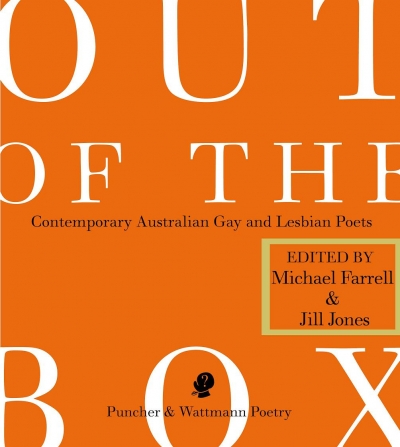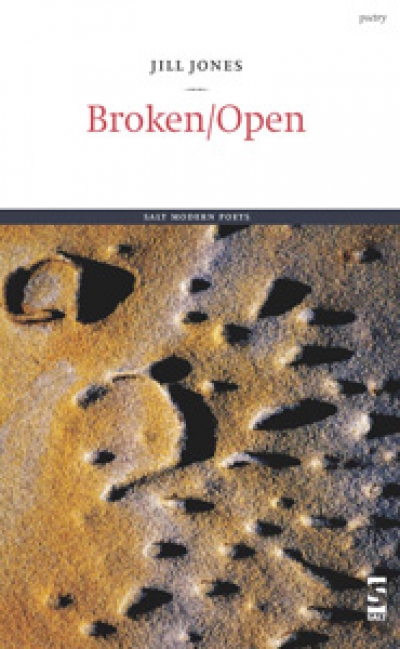Jill Jones
Sign up to Book of the Week and receive a new review to your inbox every Monday. Always free to read.
Recent:
Out Of The Box: Contemporary Australian gay and lesbian poets edited by Michael Farrell and Jill Jones
This is a song of the white.
The multitude or the pattern.
The rose or the wind.
A woman who begins,
a woman who disappears.
a woman drinking blossom’s shadow.
You’ve heard this story before –
becoming unravelled in Europe
or assaulted in some roadhouse
but bold as nipples and booted.
Recovering with bourbon and red wine
in a soft room with a German
dissolving somehow at right angles
and falling off the frequent flyers list.
From Paul Salzman
Dear Editor,
It is a shame that allegations of plagiarism in The Hand That Signed The Paper were trivialised into questions of literary echoes that would certainly not have worried any serious member of that curious entity, the literary community. As someone deeply troubled by the anti-Semitism manifested in the novel, I have been interested to know where the Ukrainian material that ‘Demidenko’ defended as family history may have come from. Perhaps we will never know, but now it seems that the plagiarism issue was really something of a red herring, distracting attention from what was most disturbing about the novel and its attendant prizes. I cannot see that ‘postmodemism’, under any definition, could be blamed for this situation, given that the Miles Franklin judgment is based, I believe, on a bankrupt and outmoded humanism that sees abstract moral truth in literary works without having any sophisticated regard for politics or history.
... (read more)



